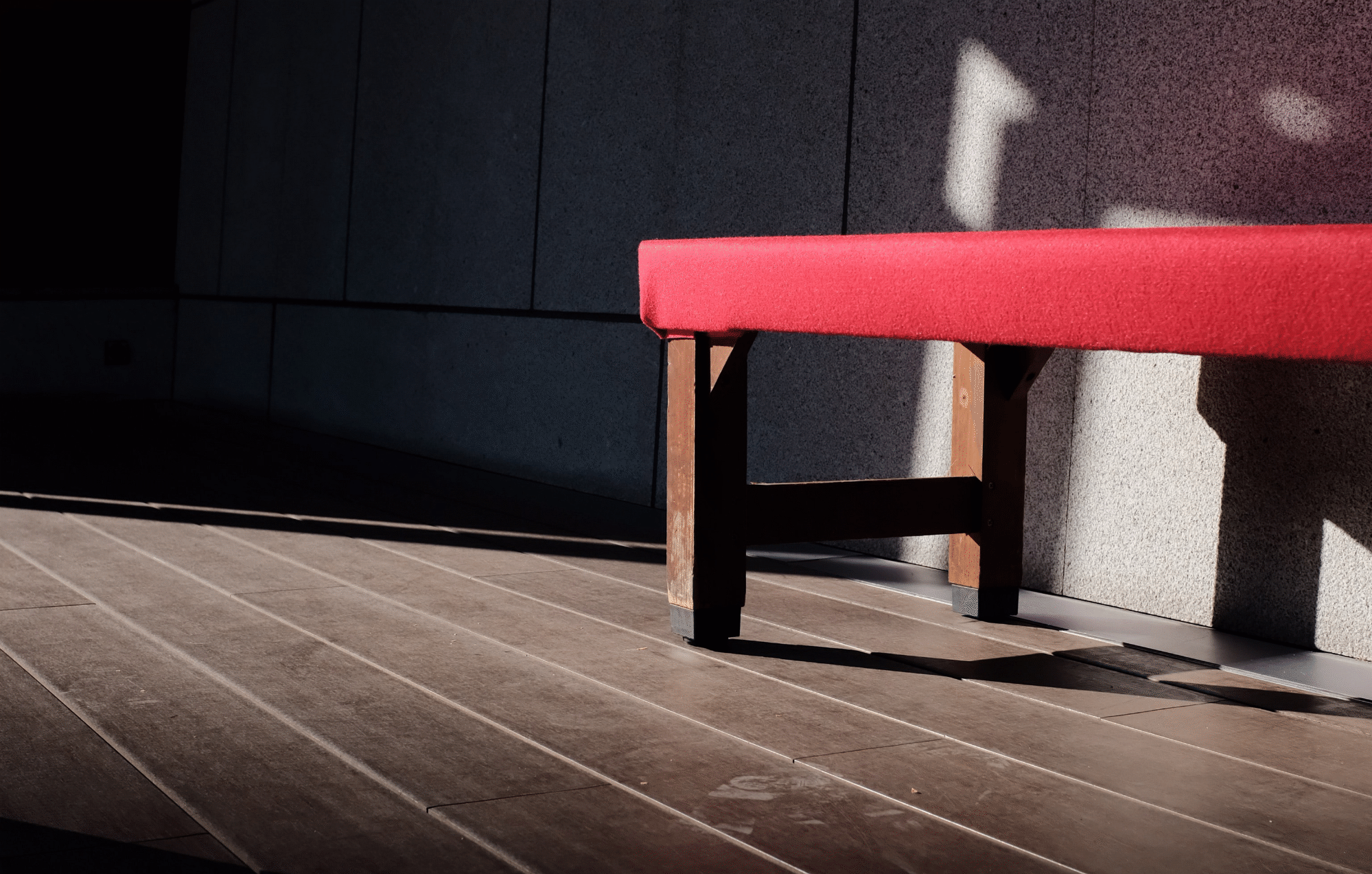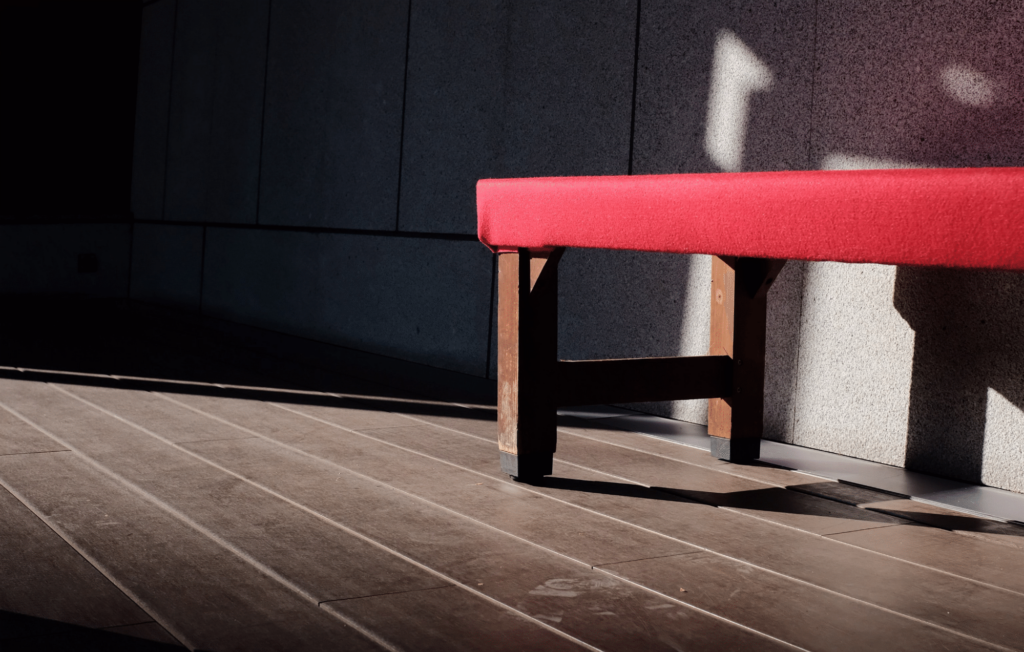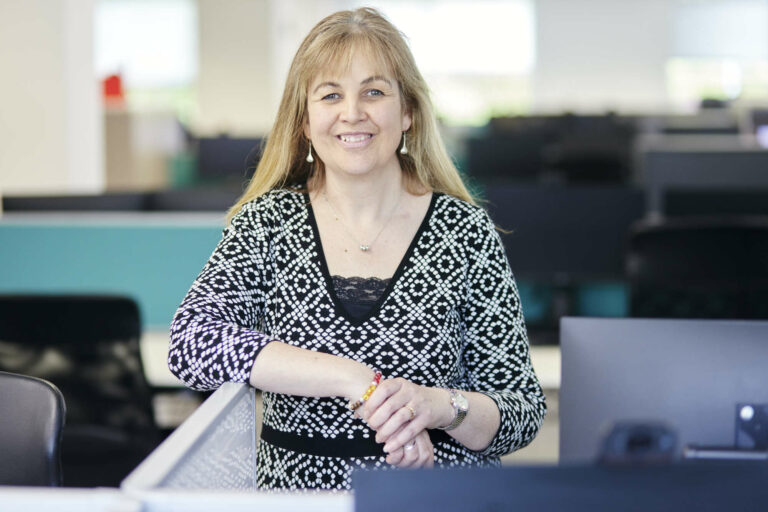
In her powerful BBC Three documentary, Charlie Webster takes a journey to her past to face the sexual abuse she suffered as a teenager from her running coach. Many of the difficult themes that Charlie addresses are topics that I see time and again.
This includes both the emotions felt by those who have suffered abuse, as well as the frustrations at organisations that fail to place the welfare of children before their own reputation and objectives.
Who is Charlie Webster and when was she abused?
Charlie Webster is a TV presenter and writer who has covered a range of sporting events for networks such as the BBC and Channel 4. As a teenager, she had a difficult life at home and became a keen runner. She joined a local running club which was run by a man named Paul North, where she regularly trained with a number of other young girls. From the age of 15, Paul North began to sexually abuse Charlie during one to one training sessions under the guise of giving her a sports massage. At the time, Charlie describes feeling alone and that she could not speak out about what was happening. Charlie eventually left the running club and cut all ties with the other young women she had befriended there.
Years later, Charlie came across a newspaper article in which it was reported that Paul North had been convicted of serious sexual offences, including rape. It was then that Charlie realised she was not the only one, but it was not until she embarked on the documentary that she was able to at last uncover the truth, reconnect with her friends from the running club and gain a better understanding of what happened. Charlie discovered there were a number of young women who had suffered abuse from Paul North and that he had been abusing the young women he coached for number of years.
Why are young people so vulnerable to abuse in a sporting setting?
My experience of working with those who have experienced sexual abuse from a sports coach very much mirrored what Charlie describes in her documentary. Being successful at their chosen sport is often the most important thing to a young person who has dreams of competing at the Olympics or playing for a Premier League Football Club. Their coach is often well respected, and the young person will rely on them as a means to progress in their chosen sport. This places a sports coach into a position of significant power over the young people in their care, giving opportunities for grooming and abuse to take place. The young person may struggle to speak out about the abuse for a number of reasons, including a fear that their chances of competing in their beloved sport may be taken from them.
What was particularly disappointing, albeit not surprising from my experience, was the response from UK Athletics described by Charlie when concerns of abuse are raised. Charlie discovered it was common for coaches suspected of abuse to receive temporary bans from UK Athletics, but this would not stop them from returning to coaching at a later date. There were also concerns that not all suspicions regarding the abuse of children were being reported to the Police. Although it is a long and firmly debated topic, mandatory reporting is not yet a legal requirement in this country and therefore there is no legal requirement for suspicions of abuse to be reported to the Police. This exposes young people to a risk of suffering abuse which could otherwise have been avoided.
New safeguards against abuse in sport have been launched
The documentary concludes with statements that UK Athletics launched new safeguarding arrangements in June 2021 and now all matters in relation to under 18s are reported to the Police. DBS checking is now said to be more robust. The question is, why has it taken until June 2021 for serious steps to be taken to ensure the safety of young people involved in athletics? It is the bravery and actions of people like Charlie and the other campaigners highlighted in the documentary that brings about change.
The overall message of the documentary is that many young aspiring athletes have been failed and have very much suffered as a result. However, the women in the documentary showed inspirational bravery and have shown that although there is a long way to go, change is possible.
Where to go if you need help following abuse by a sports coach
If you have been affected by the topics covered in the documentary, there is support available to you. Here are some organisations that offer some excellent resources on their website and have a support lie for you to call to speak to someone on a confidential basis:
National Association for People Abused in Childhood – https://napac.org.uk/
Rape Crisis – https://rapecrisis.org.uk/
The Survivors Trust – https://www.thesurvivorstrust.org/



















